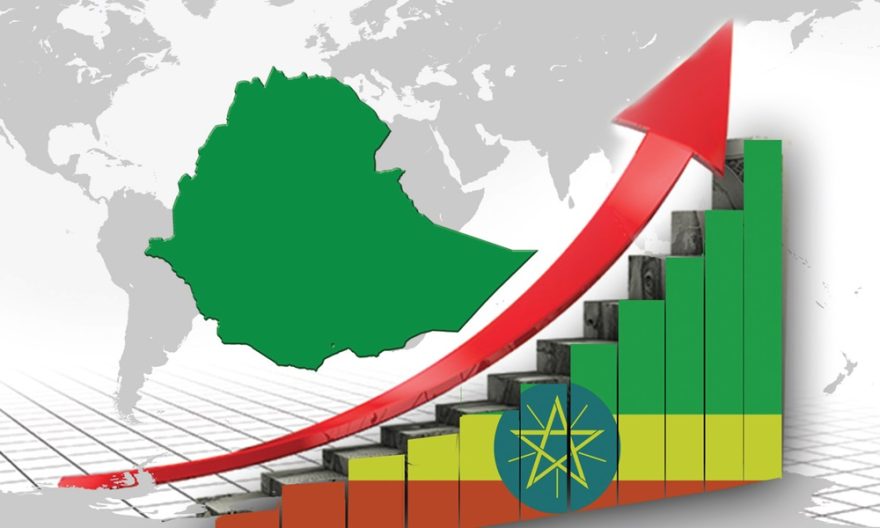Ethiopia’s Macroeconomic Reform Provides Relief to Economy, Say Economists - ENA English
Ethiopia’s Macroeconomic Reform Provides Relief to Economy, Say Economists

Addis Ababa, January 26, 2025 (ENA)—Ethiopia's comprehensive macroeconomic reform has provided a swift relief to the economy by increasing foreign exchange reserves and exports, senior economists told ENA.
The country has been implementing a comprehensive macroeconomic reform since July 2024, with the objectives of achieving high and stable economic growth, maintaining single-digit inflation, and building a globally competitive economic system, among others.
Senior researcher at Ethiopian Economics Association (EEA), Abule Mehari said the macroeconomic reform improves the nation’s foreign exchange reserves and exports.
According to him, the ongoing macroeconomic reform measures have been stimulating the country's import situation by promoting import substitution despite some challenges.
To this effect, the National Bank of Ethiopia has recently disclosed that it has enhanced its foreign exchange reserves.
“After the reform, we found a little bit of relief in the economy in terms of improving our foreign reserve, our export, and in supporting imports specifically like fuel, fertilizer and others,” he disclosed.
Following the introduction of the macroeconomic reform policy at the end of July 2024, the Ethiopian government is working towards currency unification between the official and parallel markets.
The reform also aims to alleviate foreign exchange shortages, boost FDI inflow, enhance investors’ confidence as well as Ethiopia’s export competitiveness, boost domestic productivity and address trade imbalances.
Another Senior Economist at the Common Market for Eastern and Southern Africa (COMESA), Thomas Bwire said for his part that a transition from fixed to market determined exchange rate is a significant move in the nation’s economy.
The reform has become instrumental in narrowing the gap between the official and the parallel market, instrumental to reducing inflation, and enhancing growth, he stated
“This kind of reform is long overdue. It has benefits for stability of currency and in delivering very low inflation and enhancing growth,” the senior economist affirmed.
Ethiopia has been implementing a comprehensive macroeconomic reform with the targets of realizing a sustainable economic system through strengthening the inclusivity, competitiveness, as well as healthy and resilience of the financial sector.
Coordinator of the Macro Policy Department at the Policy Studies Institute, Tewolde Girma said the macroeconomic reform will significantly foster the financial sector and make Ethiopia’s export competitive at the global market.
The macroeconomic reform has the capacity to make the nation’s goods more competitive at the global market despite short-term volatility, he pointed out.
Addressing foreign exchange distortions, long-standing foreign payment imbalances, inflation through modern monetary policy frameworks, mitigating debt vulnerabilities and boosting domestic income, among others, to accelerate sustainable economic development of the country are the targets of the macroeconomic reform.